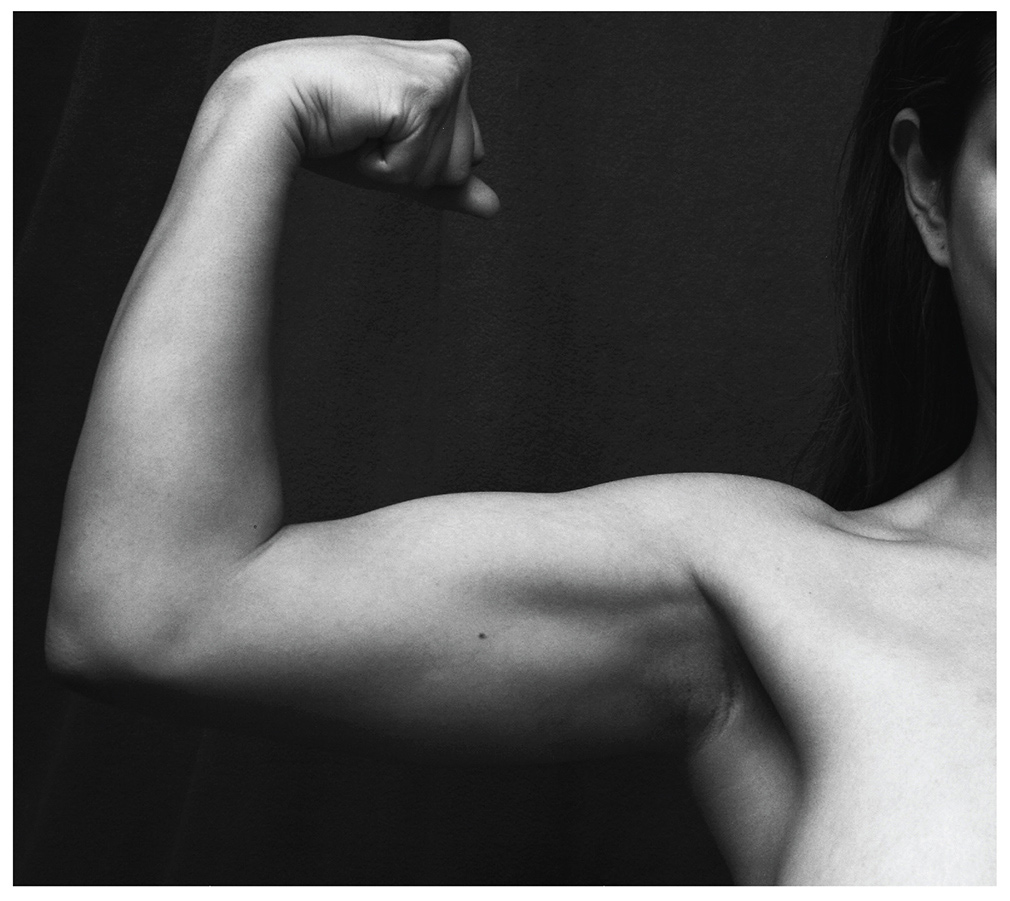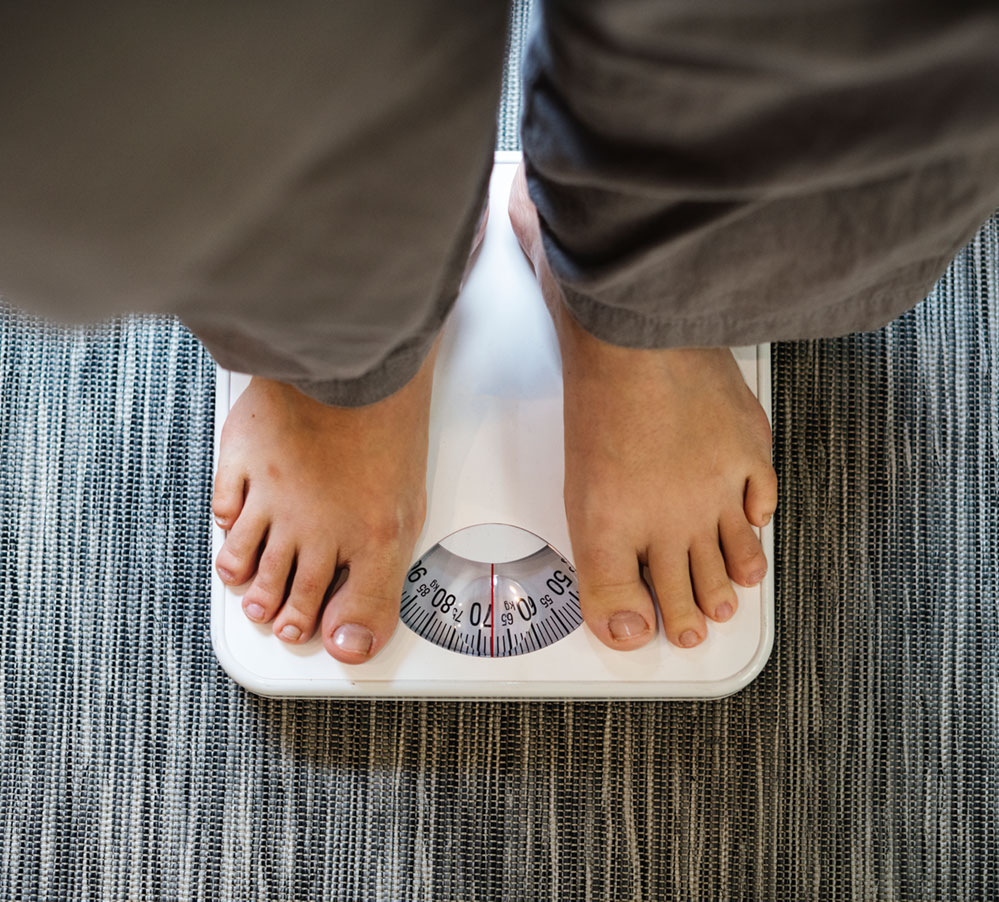Why Am I Not Gaining Muscle?

In this article we will tell you from what any muscles grow and do not grow. All the mistakes that are described below are relevant for all parts of the body: biceps, triceps, chest, legs, back. The errors below are relevant for both “straight” and steroid users.
If your muscles are not growing, then read this article, analyze and correct your mistakes!
6 Most Common Muscle Gaining Mistakes
Beginning in the gym, beginners expect their muscles to start growing by leaps and bounds.
But, it is clear that good results will be seen after a long training time. The situation is quite different when a person trains for a very long time, but a positive result is still not visible. In this case, you need to analyze what is being done wrong.
The most common reasons due to which the growth of muscle mass has stopped, even on a steroid cycle, are the following:
1. Lack of Calories in Food
To achieve good results in gaining muscle mass, the athlete needs to eat well. If you ignore this rule, it is almost impossible to get good results. When you start working out in the gym, it is worth learning that proper nutrition is the main key to success.
To gain muscle mass, the amount of calories that comes from food must be excessive. The fact is that the human body is designed in such a way that when calories are supplied in excess, mass is gained, and with a deficiency, body weight becomes less, and muscle tissues will be destroyed to cover the energy deficit, which is not supplied in sufficient quantities with food.

2. Lack of Protein in the Diet
Even if your diet is too high in calories, muscle may not grow. In fact, calories are energy – the fuel that the body spends to cover its costs in the course of its life.
For muscles to begin to grow, they must be provided with a building material – protein.
The recommended protein intake for muscle gain is 2-3 grams per kilogram of the athlete’s weight.
The main mistake of beginners who build their diet and consider the amount of protein in the diet is that they take into account the proteins that they eat along with food of plant origin.
And it turns out like this: you seem to eat protein in the norm, but the increase in muscle mass is weak. The trick is that the protein that you eat along with plant foods does not have the same amino acid composition as that of animal origin. This protein does not need to be considered in your diet.
The best sources of protein for gaining muscle are the following foods: eggs, meat, cottage cheese, soy products, fish, pulses.
If the calorie content of the product is high, but there is little protein, you will gain fat instead of muscle mass.
3. Loads Do Not Increase for a Long Time
In order for muscles to grow, they constantly need to cope with more complex tasks, that is, work with more weight. If this does not happen, then progress should not be expected. With the same loads, there will be no microtraumas best place to buy testosterone online uk on the muscle tissue, and the need for recovery, adaptation to new loads for the muscles and, accordingly, growth, disappears.
Therefore, a constant progression of the load is necessary:
At each workout, you should try to “take” more weight than before. Or do a few more repetitions.

4. Low Training Intensity
If the athlete does not sufficiently stimulate the muscles, he does not give them the load that exceeds their capacity for recovery. The weight should be such that the muscle tissue has to adapt. The larger the workout, the better the muscles will grow. But, if the first two rules are ignored, even with strong efforts, there will be no good result. On the contrary, you can lose in active muscle mass.
5. Lack of Regular Workouts
Lack of regular training not only does not give positive results, but also negatively affects health. If the load on the body occurs from time to time, the body does not try to adapt to it, so the muscles do not grow.
6. Overtraining
Overtraining refers to a state where the volume of your workouts exceeds the capacity of your body to recover. Progress in gaining mass and strength stops, you feel unwell, there is no desire to train.
Even with steroids, with high intensity and frequency of training, you can “fall” into a state of overtraining.
Overtraining prevention:
- Get enough sleep, sleep at least 8 hours a day.
- Don’t train one muscle group more than once a week
- Do not train the muscle group when you still feel “soreness”, give those muscles that hurt more time to rest
- Vary the intensity of the load from week to week
For example, if the first week of training was “hard” and you worked to the limit of your abilities, then the next week you should reduce the load by half. This is especially true for “natural” training.
As you can see, only good nutrition, regular and proper training will help you achieve the desired results in gaining muscle mass and strength.